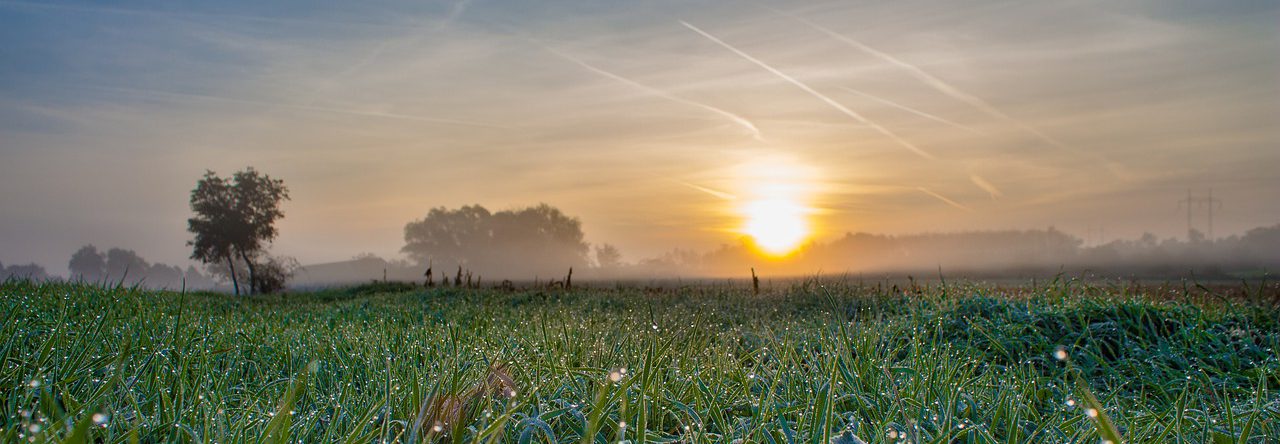Today is the celebration and recognition of Halloween in the USA. It’s a day that kids and adults dress up in crazy and scary costumes, collect candy, watch scary movies and talk about the things that scare us. Halloween is an interesting holiday because it really forces us to think about the things that intimidate us, things that we try not to think about during the rest of the year, things that put us in a panic any time we think about them, let alone have to experience them.
But there’s another thing that is recognized in October: awareness. This is the month we remember Bullying, ADHD, Learning Disabilities, Breast Cancer, Domestic Violence, Lupus, Diabetes, and more I’m sure. For many people these are their greatest fears; they fear dying of a disease, they fear being killed by a spouse, or they fear their child not being healthy. There’s a reason that we have days, weeks and months devoted to remembering and being active in raising awareness and answers for them: because as with other fears they often get shelved because they scare us.
It’s unfortunate that when we do fear things we often try to avoid them in every way shape and form. We don’t like to talk about them or hear about them, and we certainly don’t want to do something about them because that would mean we acknowledge they exist and something needs to be done.
The first step to conquering a fear is to admit that you’re afraid. You can’t do anything about it until you know it’s an issue, right? If you never looked in your fridge you’d never know if there was moldy cheese in it. Only when you look will you know.
The second is often the scariest to us: to admit that it’s OK to be afraid and have fears. It doesn’t seem manly, strong, courageous or powerful to admit that we have fears or we’re dealing with something that scares us like these situations can. But you’ll hear story after story of how stepping up was exactly what was needed; a really obvious example was the March on Washington, sit-ins and speech by Dr. King for the civil rights movement, actions that were taken despite big fears people had.
The third step is the hardest: getting help. We again fear telling people that we’ve got this issue and need help with it. We pretend it’s not a big deal or that we can just deal with it ourselves, when the truth is the quickest and best way is usually with the support of someone else. Maybe you do need to face the fear head on and do the work yourself to get over the fear but that doesn’t mean you don’t need or deserve a cheer squad at your back to support and encourage you.
And when we ask for help we discover the truth about fear and awareness of issues: that behind it all there is still love in the world. Companies and people make big bucks off your fear staying intact, but that’s not helpful to you, only them. Instead of seeing and embracing the fear and ignorance, look for the love this Halloween.
“Love… it surrounds every being and extends slowly to embrace all that shall be.”
Khalil Gibran
